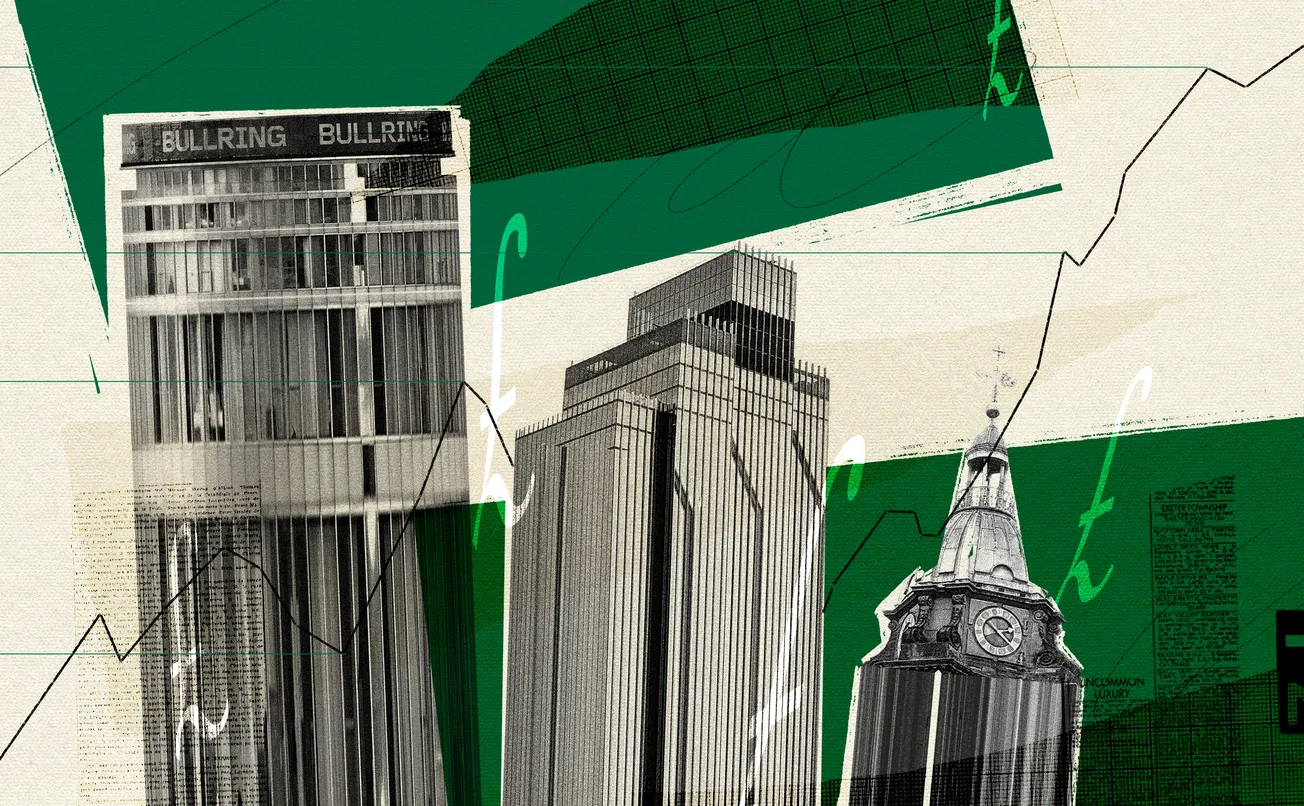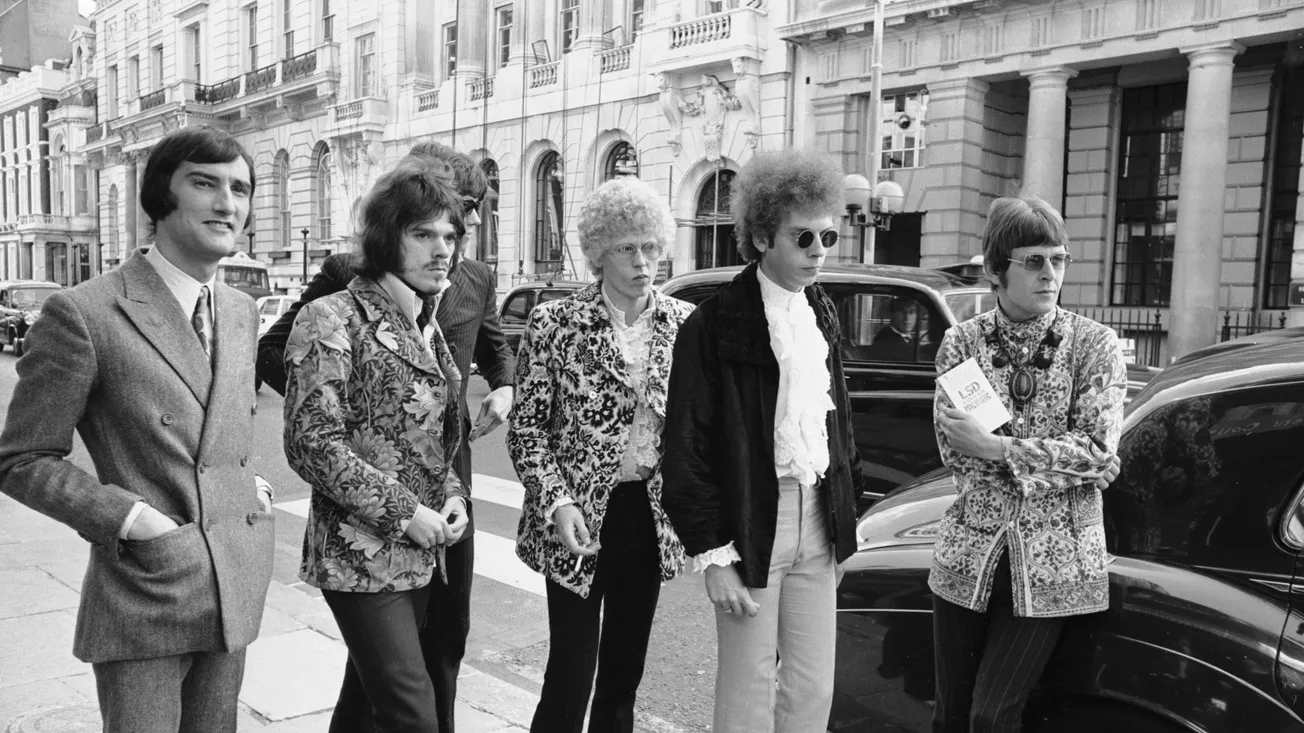How productive are you feeling today? Have you had a productive few weeks? The honest answer for many of us may well be “not really”, as the heatwave has made us less able/less inclined (delete as appropriate) to put the hard yards in. When it’s as warm as this, who wants to be productive?
In fact, the very word is a bit of a turn off for most of us. In a previous job, my computer screen used to be propped up by a book called “The 7 Habits of Highly Effective Families” that was lying around in the office, and to be honest I was deeply relieved that growing up, “effectiveness” was never part of my family’s creed. Productivity has similar overtones — of a reductive, utilitarian view of work focused around churning out more widgets from fewer workers.
But for economists, productivity — i.e. the value of the things workers produce relative to the amount of time used to produce them — is the holy grail. When workers get more productive, everything gets better. People get paid more, because they’re doing more valuable work, and things cost less, because they’ve been produced more efficiently. Far from running counter to quality of life, productivity should enable us all to rest and enjoy life more, with better public services.
Right now, the UK government is on a desperate quest to regenerate the nation’s large regional cities. In her Mais lecture, given before coming into government, Chancellor Rachel Reeves listed “vast regional disparities, with all of England’s biggest cities outside London having productivity levels below the national average” as one of the nation’s core challenges. If second cities are really beginning to generate the kinds of prosperity to establish themselves as alternatives to the capital, productivity should be going up. So what’s actually happening? Brace yourselves, as this next chart is quite depressing.
This shows how productive the West Midlands is, relative to the UK. (By West Midlands here, we mean the Combined Authority area, under mayor Richard Parker — not the wider West Midlands “region” that includes Herefordshire, Worcestershire etc.) As you can see, our productivity has always been below the UK average. This is one of the depressing distinctives of the British economy, that our second cities underperform the national average, something not true in the likes of Germany and France.
But, by 2017, things were looking hopeful. The West Midlands had clawed its way back from around 15% below national average at the start of the financial crisis, to only 10% behind. On that trajectory, it would take a couple of decades but the area would, at long last, catch up with the national picture.
Since then, things have gone south, and in a bad way. The latest data shows up to 2023, which was the worst year on record by this metric. Ten years of progress have been wiped out by six of reversal, and we’re pretty much back where we were in 2007.
Making this worse, at least for local civic pride, is the counterexample of our friends/rivals in the North, Greater Manchester. Put them on the same chart, and just look at the difference:
Greater Manchester (GM) has been on more or less a mirror trajectory. Though more productive than the West Midlands in 2007, the following ten years saw a gradual decline. This, paired with West Midlands’ improvement, meant that in 2017, for the first time, we overtook our Northern counterpart. But since then, where we have slumped, they have soared. By 2023, their city region was only 5% less productive than the UK as a whole. Maintain that path and they’ll draw level before the end of the decade.
Of course, the Manchester news is actually good news. It shows that a large “second city” area in the UK isn’t doomed — it can turn things around. The sting is that it’s not us on the up, in spite of some of our advantages, including quicker connections to London and being lined up for the first phase of HS2. There’s always been a chasm between Manchester’s boosterish rhetoric and Birmingham’s self-effacing modesty. But that’s now being reflected in the economic figures.
So what has gone wrong? A deeper dive into the data reveals three big problems, each in different parts of the city region.
Birmingham deserves great journalism. You can help make it happen.
You're halfway there, the rest of the story is behind this paywall. Join the Dispatch for full access to local news that matters, just £8/month.
SubscribeAlready have an account? Sign In







